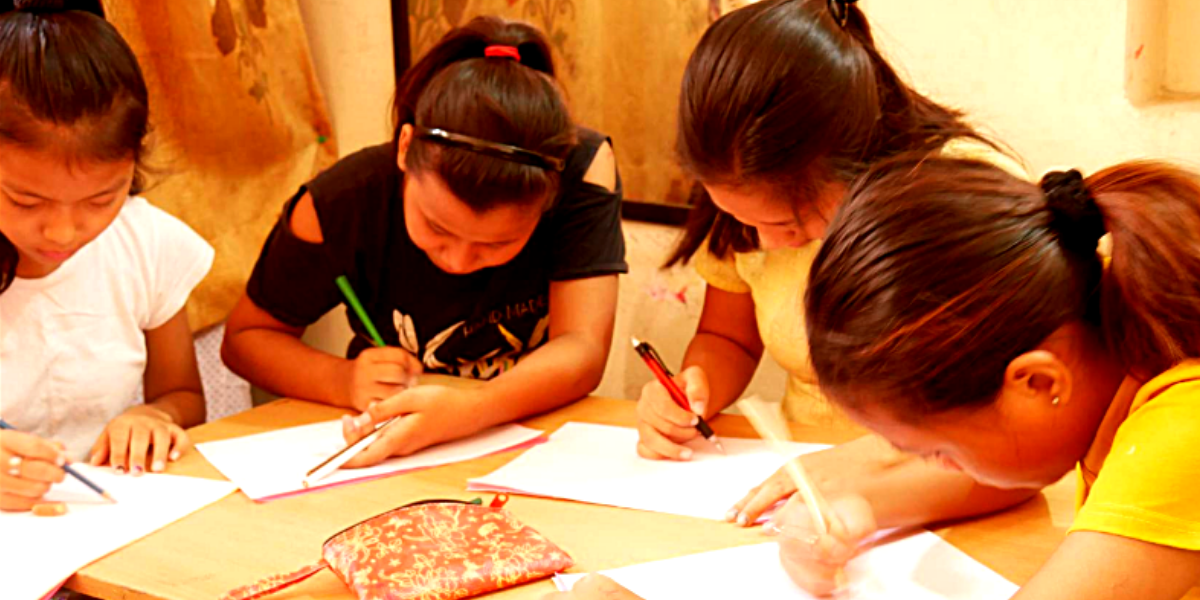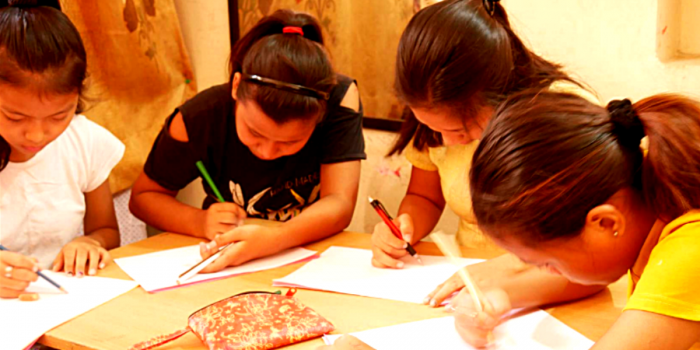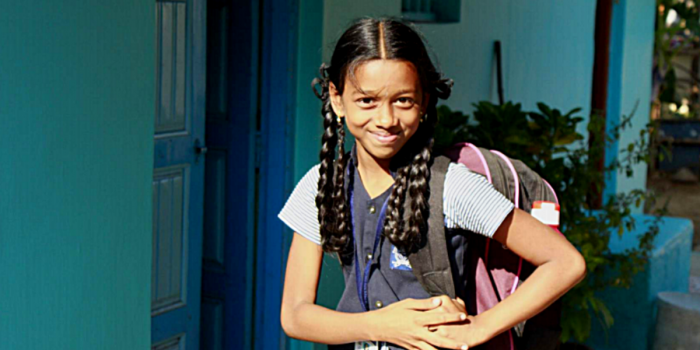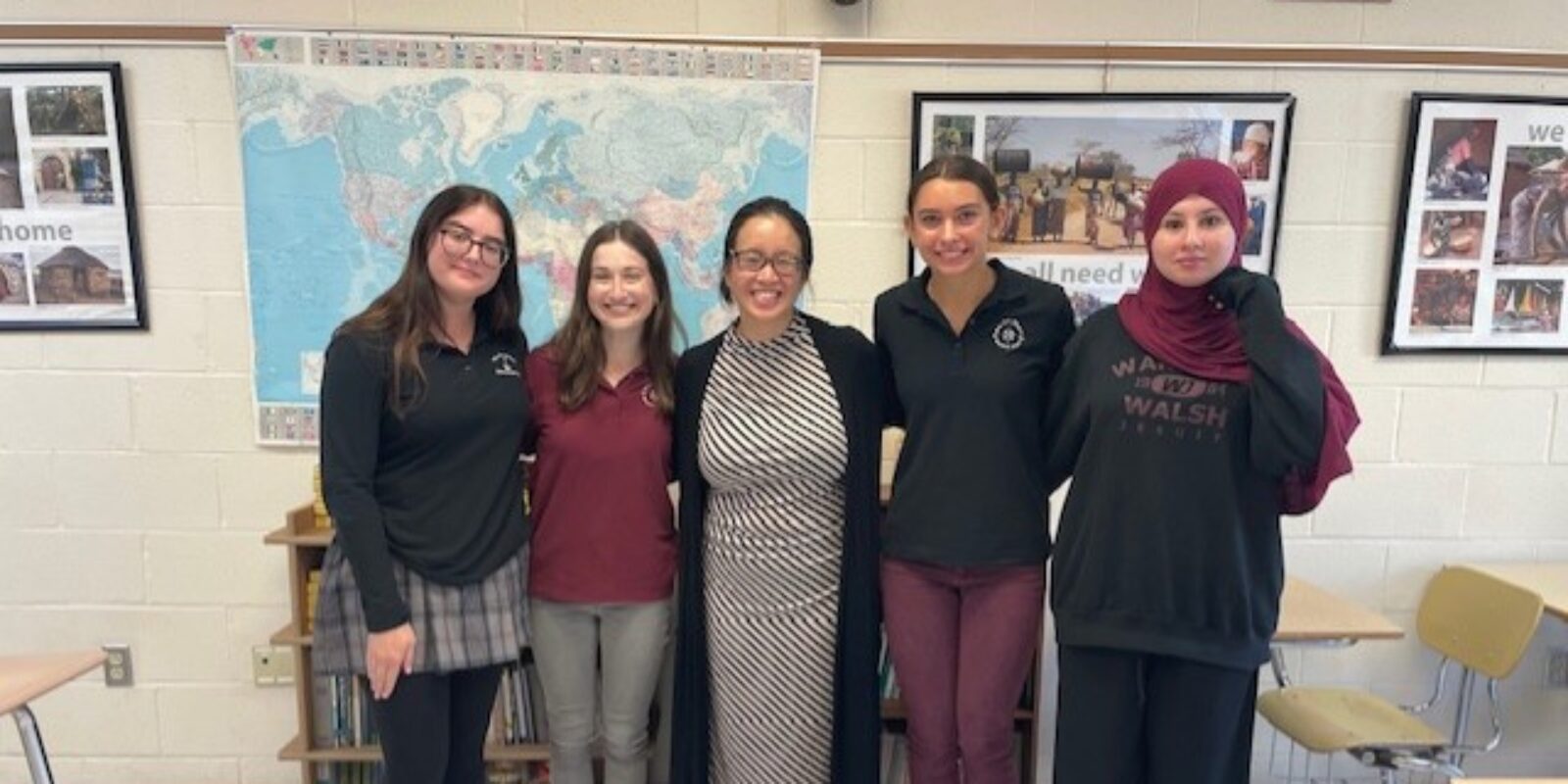JRS India: Ensuring Refugee Education for the Most Vulnerable
28 August 2020

India, a nation of more than 1.3 billion people and the second most-populous country on earth, is home to thousands of displaced persons from regional neighbors near and far, including Myanmar, Afghanistan, and Somalia.
Within the country, educational opportunities for children after teenage years are limited. While many under 14 have access to education regardless of their legal citizenship status, language barriers and discrimination often hinder many children from staying in school even up to that age.
One highly persecuted group — Chin refugees native to Myanmar who live in the capital, Delhi — currently resides in informal settlements and face serious challenges to access education.

As education costs increase into secondary school, many families resort to sending their children to work. JRS India serves several refugees located in Delhi and facilitates classes that provide them the tools to navigate through language barriers at school and in the workplace. The classes are meant to aid refugees of various ages who drop out of formal education.
JRS India assists them in the rehabilitation process by providing support when applying to jobs in the area and simultaneously serve as spaces where participants can practice general communication.
The 2019 South Asia Annual Report indicates that 92 clients have taken JRS English classes and 30 clients have taken computer classes at the introductory and advanced levels.
Meet Arkar: Excelling in education while assisting his community

Arkar is a 14-year-old Chin refugee. He is the eldest among four siblings and his family is illiterate. His father works in a factory. His mother takes care of the household and earns some income from stitching clothes. Since the family earns very little money, their options are limited. Therefore, they were forced to discontinue his formal education so that his two younger siblings could attend school.
He joined the JRS Educational Program in 2018 and has improved his communications skills and expanded his social circle.
“I have learned more from the JRS Educational Program as compared to the formal schools which I had earlier attended,” he says. “My English teacher gives special attention to all the students and helps us learn new things. My English literacy also paved way for computer literacy at JRS center.”
The course was helpful for both Arkar and his family. He now accompanies his family and community members to hospitals, clinics, and other offices by helping them communicate whenever necessary. He also can guide his younger siblings in their homework.
He proudly says that “I would not have been able to meet all the needs of the family and the community without being part of the JRS Educational Program.”
More than 1500 miles away, south of Delhi, the state of Tamil Nadu is home to over 50,000 Tamil refugees from Sri Lanka. Within this population, over 13,000 children do not have access to high quality education. Similar to conditions of Chin refugees in Delhi, both drop-out rates and enrollment rates are high. In turn, JRS provides Complementary Education classes, helps students with scholarships to pursue higher education, including English classes, which supported over 4,000 students.
Meet Oviya: Achieving academically, empowering herself
Oviya lives in Paiyur Camp in Tamil Nadu and attends the JRS Complementary Education Centre (CEC). The camp hosts 70 families under a crowded one-roof shelter. Despite several adversities, she managed to study and score a 95 percent in her exam.
“I cannot take all the credit for the success as many people supported and contributed towards it,” she says. “My parents, the Principal of my school, JRS CEC teachers, and JRS Education Coordinator have been the source of my encouragement during my journey.”
“They facilitated my learning by enabling a peaceful environment or bringing a positive routine to my life.”

The training enabled her to excel in extracurricular activities in school and form relationships with her teachers and peers. Overall, she is motivated and will continue to pursue higher education to earn competency and become self-reliant to support her community members.
To learn how JRS students and teachers are now adapting education models during the global pandemic, read “Protecting The Future: Education Response During COVID-19,” published in August 2020.


